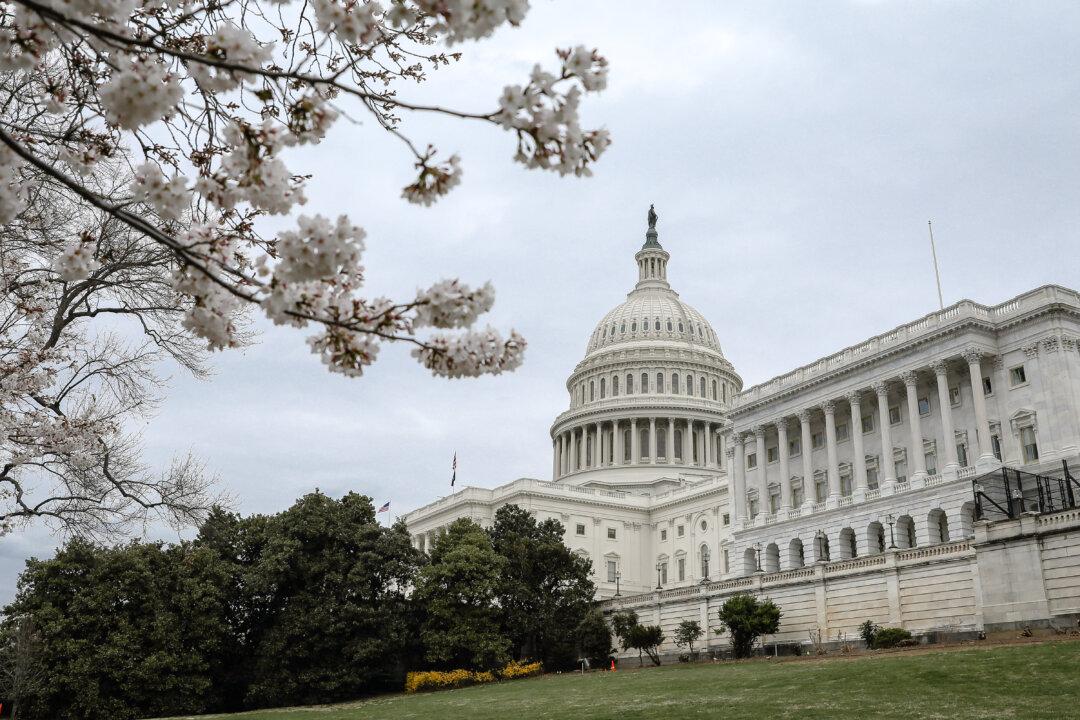An exasperated Sen. Marco Rubio (R-Fla.) tweeted his frustration late Thursday after the Senate on a 91-4 vote adopted a measure that cuts U.S. tariffs on hundreds of products imported from China.
“The ‘China bill’ now reduces tariffs on hundreds of products made in #China. Why would we cut tariffs on China in a bill to improve American’s ability to compete with China? And only @HawleyMO, @TomCottonAR @BernieSanders, and I voted against it. #Strangebedfellows,” Rubio said in his tweet.





